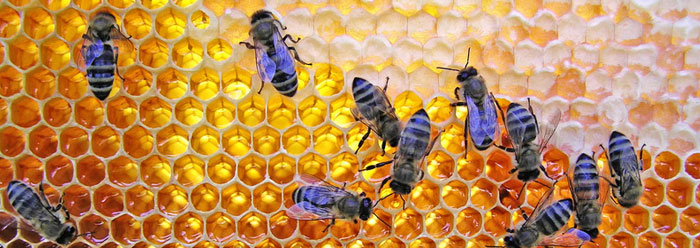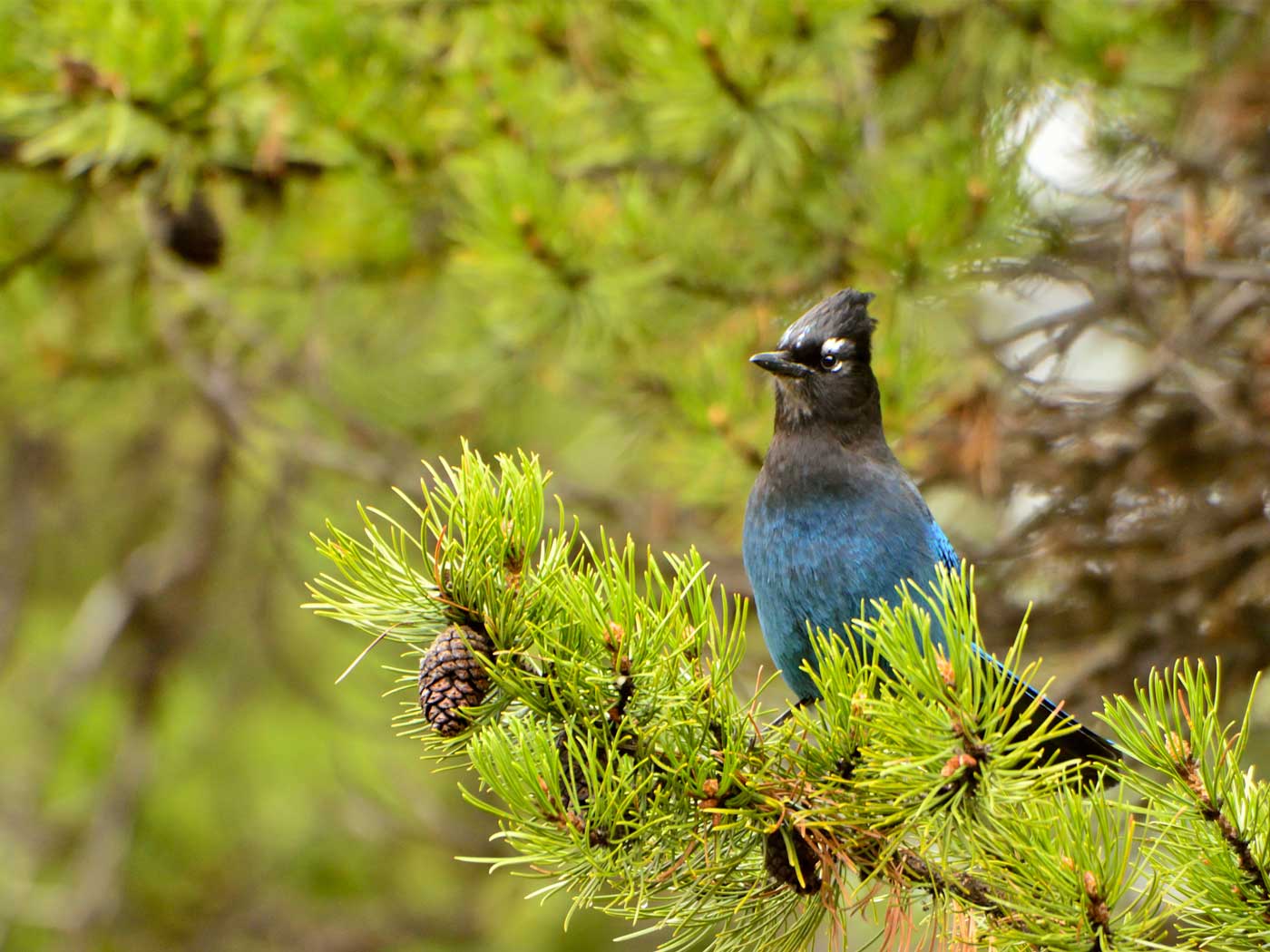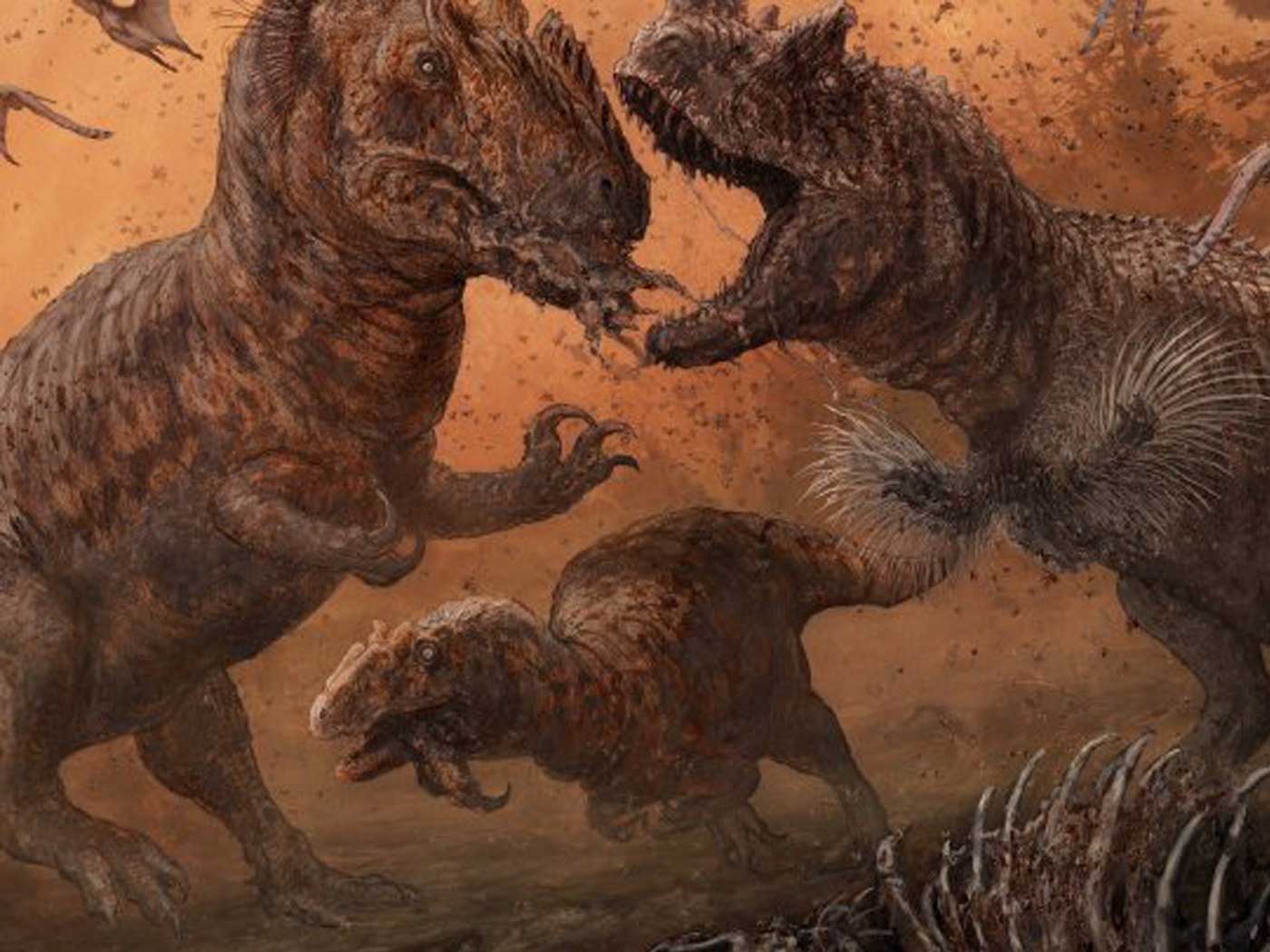David Queller and Joan Strassmann, evolutionary biologists at Rice University, recently proposed a new way to describe what makes an organism a unified whole. They defined an organism as an entity made up of parts that cooperate well for an overall purpose, and do so with minimal conflict. But how do parts like these get together, and where does purposeful behavior come from?
When considering the human form from the perspective of Queller and Strassman’s hypothesis, “all the body parts, from the macro level (arms and legs) to the micro (cells) work nicely together with very little conflict.”1 And this is what makes each human a single “organism.”
Based on this pattern, the researchers have concluded that such entities as honeybee colonies are also “organisms.” This is because all the bees, as individual parts of the system, work together for an overall purpose with a maximum of cooperation and a minimum of conflict. This stands in contrast to man-made cities, which, while requiring cooperation, are “far too full of conflicts.”1
Thus, these biologists described organisms not in terms of the degree of relatedness of their parts, nor what those parts are―whether biochemicals, cells, bodies, or individuals within a colony. Rather, they defined organisms based on the degree of unity of those parts and the relative absence of conflict between them.
Whatever they are made of, each part of an organism “seems to know its place, taking on a specialized duty that contributes to the survival of the whole.” In this context, even a symbiotic partnership between multiple species, like the bobtail squid cooperating with bioluminescent bacteria,2 could be seen as an organism.1
But defining organisms based on an immaterial attribute like “unification for a purpose” exposes a conflict between the researchers’ theory of origins and their findings. In their technical report published in the Philosophical Transactions of the Royal Society B, they stated, “All organisms originated from groups of simpler units that now show high cooperation among the parts and are nearly free of conflicts.”3 So, on the one hand, they presumed that all organisms came about through purposeless laws of chemistry and physics (on which simple-to-complex evolution is supposedly based), and on the other hand, they observed extremely well-organized and purposeful entities in the living world.
If organisms came from purposeless beginnings, then why do they show signatures of purpose? In other words, how could such obvious purpose have come from anything other than a purposive agent? Perhaps this dilemma is the reason why researchers like these authors recognize that “a major task is to explain such cooperative entities.”3 And that task promises to be impossible if conducted strictly within a paradigm that arbitrarily omits a purposeful entity as an origins option right from the start.
It is apparent from the very definition of “purpose” that motive and intellect underlie its existence. The New Shorter Oxford English Dictionary defines purpose as “the action or fact of intention, an aim.”4 All the parts of an organism work together―with dazzling efficiency―to live and reproduce. That these purposes were the result of intention and not the result of natural laws is strikingly plain.
Viewing organisms in terms of their organizational plan instead of the structure of their parts is innovative and refreshing, but it also calls for innovative and refreshing views of origins. This evidence, interpreted straightforwardly, agrees with the conclusion of one of Job’s accusers (who at least got this right): “Speak to the earth, and it shall teach thee: and the fishes of the sea shall declare unto thee. Who knoweth not in all these that the hand of the LORD hath wrought this?”5
References
- What is the meaning of ‘one’? Rice University press release, November 9, 2009.
- Sherwin, F. 2005. Creation, Corruption, and Cholera. Acts & Facts. 35 (11).
- Queller, D. C., and J. E. Strassmann. 2009. Beyond society: the evolution of organismality. Philosophical Transactions of the Royal Society B: Biological Science. 364 (1533): 3143-3155.
- The New Shorter Oxford English Dictionary, Vol. 2. Oxford, UK: Clarendon Press, 2421.
- Job 12:8-9.
* Mr. Thomas is Science Writer at the Institute for Creation Research.
Article posted on December 10, 2009.
























